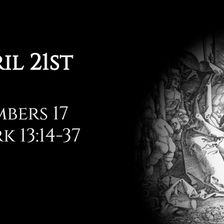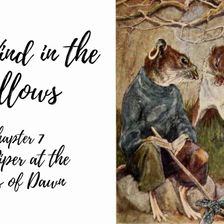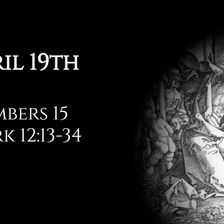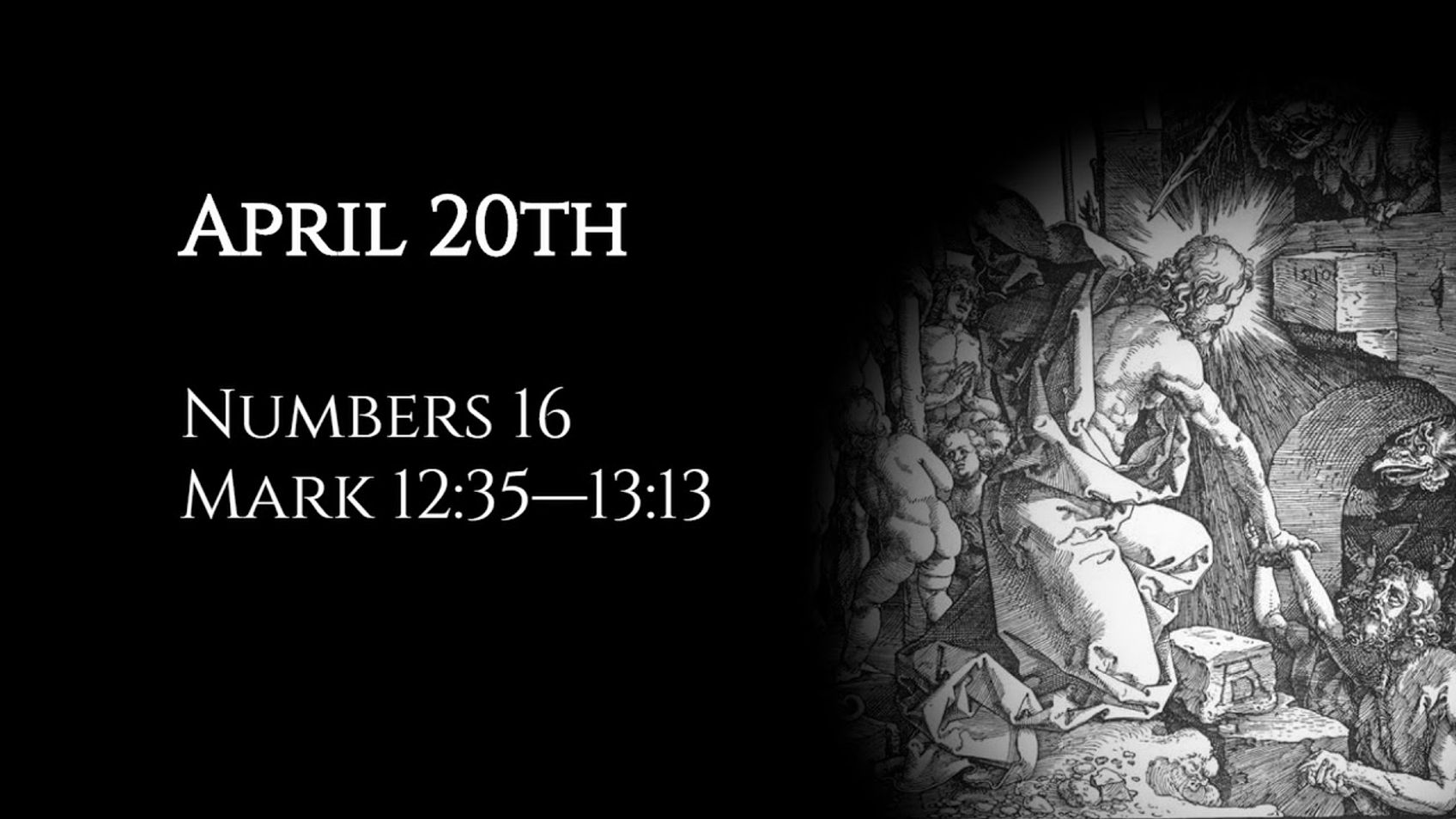April 20th: Numbers 16 & Mark 12:35—13:13

The rebellion of Korah. The widow’s two small coins and the end of the age.
Some passages referenced:
Numbers 15:37-41 (the law of the tassels); Numbers 4:1-20 (the duties of the Kohathites); Exodus 29:44-46 (the tabernacle as the realm of the Lord’s dwelling in the midst of his people); Deuteronomy 14:1-2 (baldness on the forehead).
Reflections upon the readings from the ACNA Book of Common Prayer (http://bcp2019.anglicanchurch.net/).
If you have enjoyed my output, please tell your friends. If you are interested in supporting my videos and podcasts and my research more generally, please consider supporting my work on Patreon (https://www.patreon.com/zugzwanged), using my PayPal account (https://bit.ly/2RLaUcB), or by buying books for my research on Amazon (https://www.amazon.co.uk/hz/wishlist/ls/36WVSWCK4X33O?ref_=wl_share).
The audio of all of my videos is available on my Soundcloud account: https://soundcloud.com/alastairadversaria. You can also listen to the audio of these episodes on iTunes: https://itunes.apple.com/gb/podcast/alastairs-adversaria/id1416351035?mt=2.
More From Alastair Roberts






More on OpenTheo















